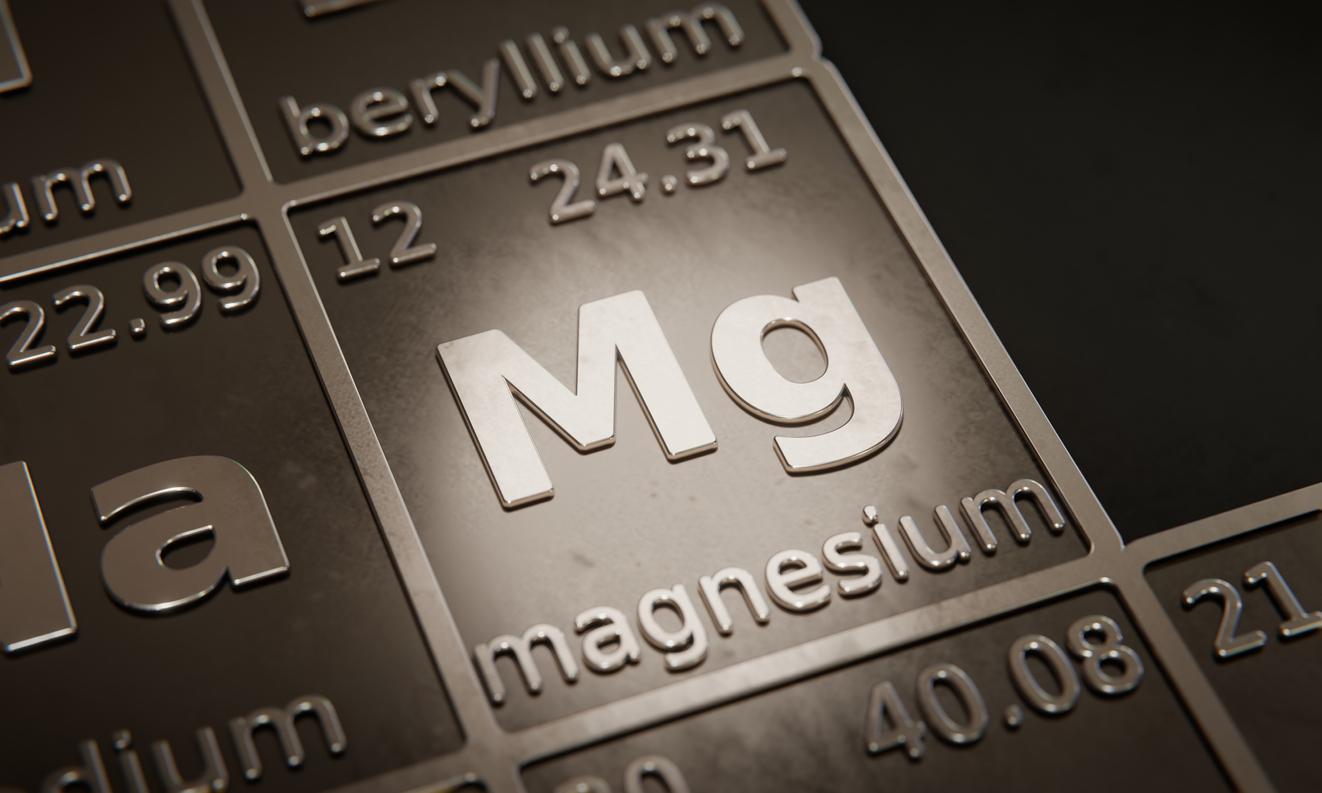While 3 out of 4 women are deficient in magnesium, here are the signs your body is sending you.

- There are several symptoms of a lack of magnesium: drooping eyelids, muscle cramps, recurring fatigue, etc.
- Women are more affected by magnesium deficiency than men.
- Some foods are rich in magnesium like chocolate!
300 mg for women and 380 mg for men, these are the daily nutritional references for magnesium. L’National Agency for Food, Environmental and Occupational Health Safety (Anses). But many do not reach this quantity and have deficiencies.
Symptoms of magnesium deficiency in women
Having a droopy eyelid is often the first sign of a magnesium deficiency. This spasm of the eyelid muscles is not dangerous but it can be annoying for people who suffer from it.
Another symptom: tense muscles that cannot relax. “As with any deficiency, it is firstly fatigue which can reveal a magnesium deficiency, explains Doctor Laurence Plumey, nutritionist at Necker hospital in Paris, Women’s Journal. But it is above all the feeling of muscular tension, which was formerly called spasmophilia, which should alert you because it is characteristic of a lack of magnesium.“Still at the muscular level, people who lack magnesium can have cramps, during the day but also at night.
But there are also other symptoms: fatigue, irritability, sleep problems, palpitations, migraines, tingling in certain limbs or even bloating.
How to remedy magnesium deficiency in children women ?
Women are more affected by a lack of magnesium than men: 77% versus 72%, according to the study Suvimax. 3 out of four women have a magnesium deficiency.
And one of the reasons given by Laurence Plumey is that they diet more than men: “From the moment we eliminate foods, mathematically, we lose vitamins and minerals. In addition, it is above all the reduction in dietary intake of starchy foods which can particularly reduce magnesium intake.”
In the event of a deficiency proven by the doctor, he may then prescribe a course of magnesium, via medication to take for several weeks. But diet also plays a big role in avoiding this lack.
According to Vidalcertain foods are particularly rich in magnesium: pulses, whole grains, nuts, seeds, dark green leafy vegetables, brewer’s yeast, wheat germ, certain mineral waters and, good news, chocolate !

















